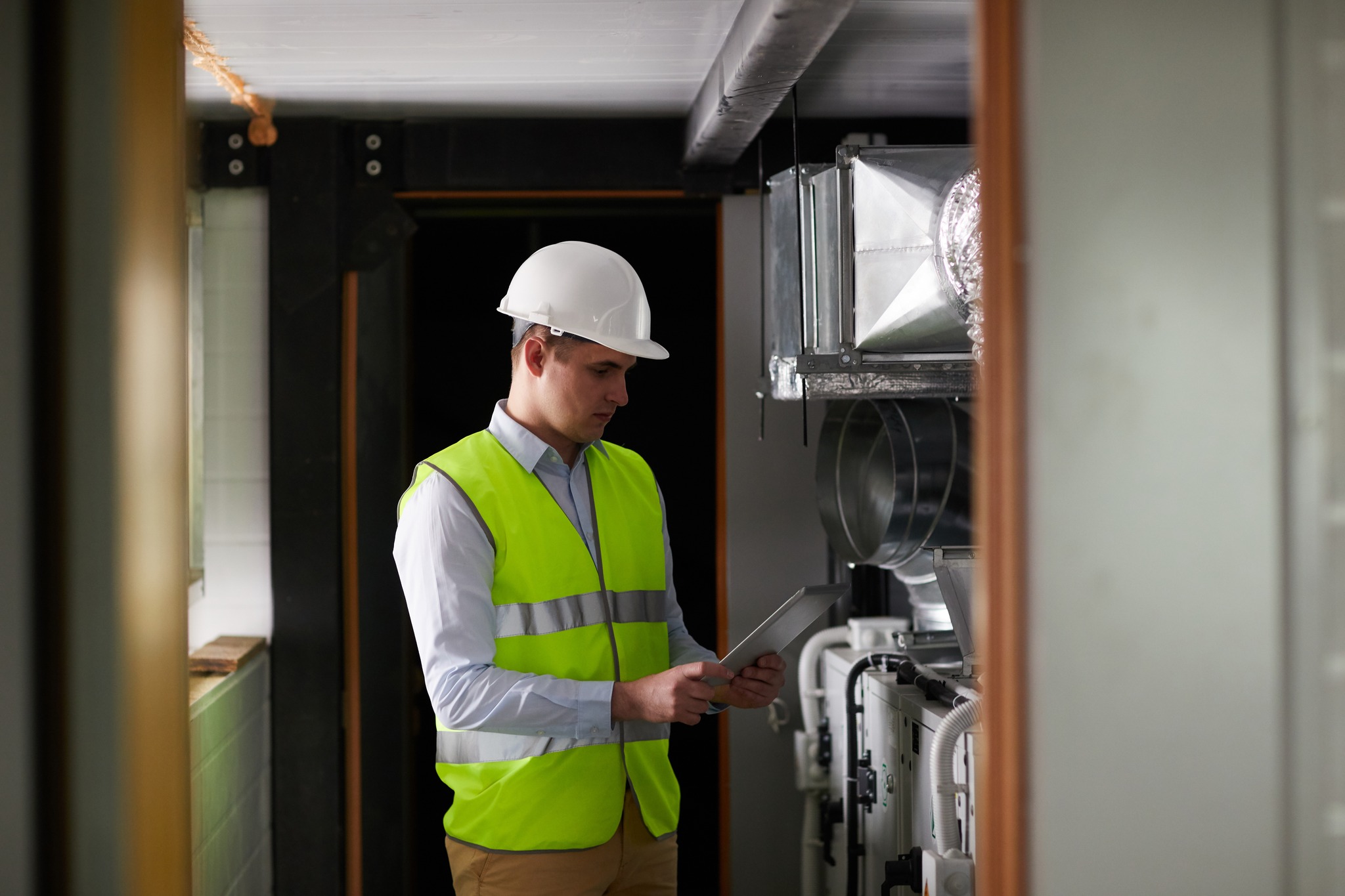When breathing in unfiltered air inside of your home, it is almost certain that you are inhaling a multitude of bacteria, germs and dust particles. It is very easy for the air quality inside of your home to be subpar when not using proper HVAC systems as well as air filtering systems. If you are currently in the market for a new air cleaner, A-Plus Quality HVAC services in the Greater Toronto Area, can assist you.
What is an Air Cleaner?
An air cleaner is a device that will filter out any harmful substances floating around inside of your home. The air cleaner works by allowing air to pass through its filters so that all particles and pollutants are captured. This allows clean air to flow through the other side of the filter, back into your household. An air cleaner is able to capture many different impurities in your air supply, which would improve the health of you and your family.
Benefits of Air Cleaners
Installing an air cleaner inside of your house will benefit you and your family in a plethora of ways. After filtering out all the negative substances in your air supply, the quality of the air you inhale will be vastly improved. This will be a great benefit to anyone suffering from allergy issues, asthma, eczema, itchy skin or sore throats. Improving the quality of your home’s air supply will also help prevent any of those conditions from developing. Air cleaners filter out many pollutants including tobacco smoke, mold, mildew, ash, dust, pollen, germs, fungus, pet hair, pet dander and any other impurities found in your household's air supply.
Another huge benefit of installing an air cleaner is that it could potentially decrease the amount of money you spend each month on your energy bills. By filtering out all pollutants and impurities, it will allow your HVAC system to continue working at a high level. Pollutants, impurities, dust and allergens can get caught in your HVAC system and cause its functionality to decrease.
Keeping your home's air supply clean should be very important to any homeowner. The air you breathe inside your home is just as important as the air you breathe outside. If you’re ready to install an air cleaner in your home, we at A-Plus Quality, HVAC services in the Greater Toronto Area, can be of help. Contact us today to speak with a specialist.
 Cropped.png)


